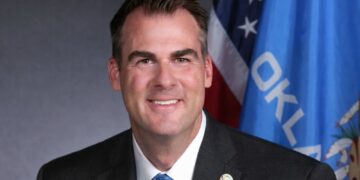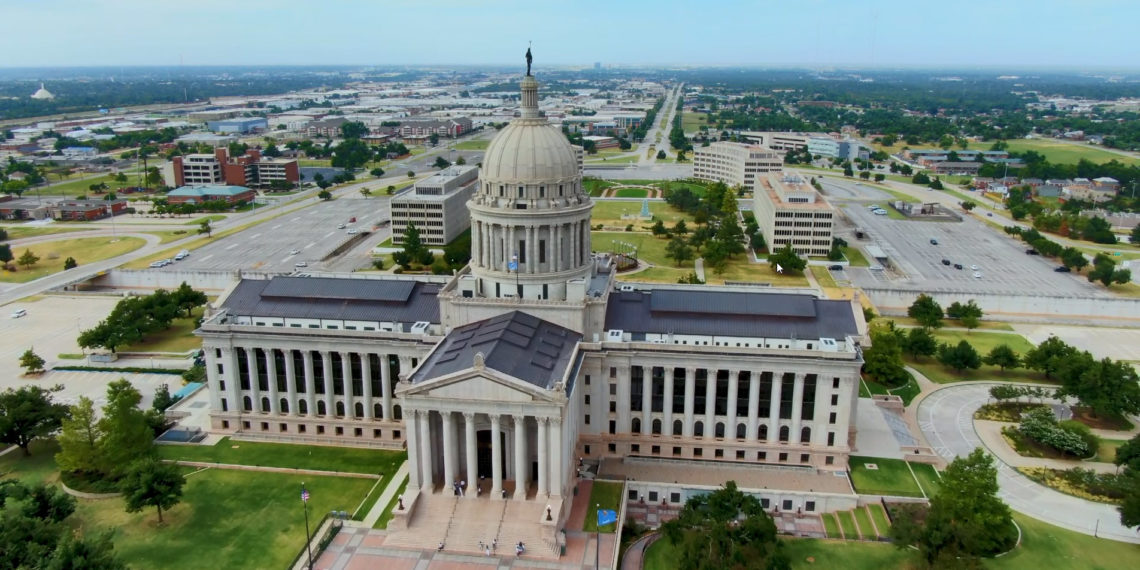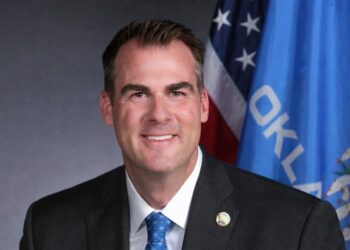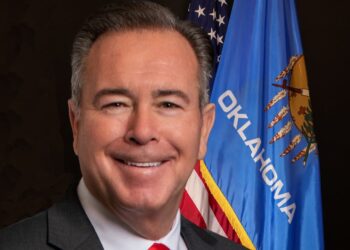OKLAHOMA CITY (OBV) – The Oklahoma Legislature went into special session on Monday, but the Senate quickly adjourned, a move that Senate President Tempore Greg Treat announced last week and which Gov. Kevin Stitt blasted.
Stitt issued Executive Order 2024-01 on Jan. 16, ordering Oklahoma’s 59th Legislature to go into special session on Monday, Jan. 29 and pursue a .25 percent reduction of personal income tax for Oklahomans.

Treat, R-Oklahoma City, called the executive order a stunt and a week later announced that the Senate would fulfill its constitutional duty by going into special session, but would adjourn without taking any action.
The pro tem issued the following statement last week, saying the proper time to explore a tax cut is during regular session, which begins in early February:
“Nothing has changed in the Senate’s position since the last special session was called in October. The senate plans to gavel to call of the chair. The appropriate time for discussion on budget and taxes is during regular session that starts a week after the governor’s special session call. Since there is no agreement, special session – a week prior to regular session – is just political theater and a waste of taxpayer dollars.
During the regular session and only after we have certified numbers from the Board of Equalization, is when we will know how much we have to spend. I feel like the governor’s numbers compared to what we are seeing are simply not accurate.
For these reasons and more are why my colleagues in the Senate will adhere to the Constitution by coming in for the special session and adjourn on Monday, without action on legislation.”
Senate Pro Tem Greg Treat
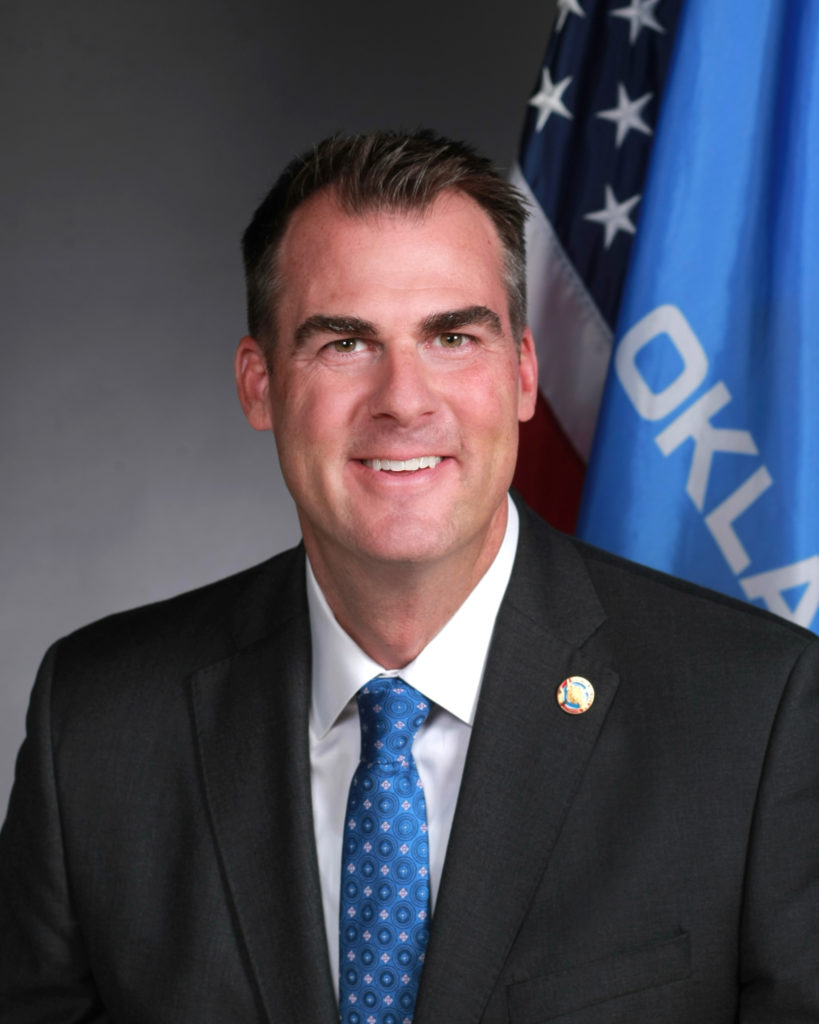
Stitt fired back at Treat with a statement accusing the pro tem of wasting taxpayer money.
“All I asked was for Senator Treat to put a quarter-point tax cut up for a vote. The Senate is refusing to do what 65% of Oklahomans support: cutting taxes. If anything is a waste of taxpayer money, it is the refusal of Senate leadership to give Oklahomans a well-deserved pay raise.”
Gov. Kevin Stitt
Treat followed through on his pledge by leading the Senate into special session on Monday, but soon after adjourned without the Senate taking any action.
Stitt posted a video on Twitter on Saturday in which he said, “A vote to close session is the Senate thumbing their nose at Oklahomans.”
The House of Representatives went into session and did not adjourn. They will return to the House floor on Tuesday and read two tax cut bills a second time. House Bill 1001XXX, written by Rep. Mark Lepak, R-Claremore, seeks to reduce the state’s personal income tax by .25 percent and provides revenue triggers for the Board of Equalization to further reduce the income tax at future times. House Bill 1002XXX, written by House Speaker Charles McCall, R-Atoka, reduces the income tax by .25 percent. House members will then take action that will enable them to vote on the bills on Wednesday.
Stitt also called for a special session in September, ordering the legislature to implement a tax cut that would lead to zero income taxes, a “tax fairness” law and a measure that increases transparency in the state budget process. However, no tax laws came from the special session since the Oklahoma Senate adjourned sine die on the session’s first day.
The push for tax cuts in the 59th Legislature began earlier this month when House Speaker Charles McCall, R-Atoka, filed several tax cut bills. Those bills are as follows:
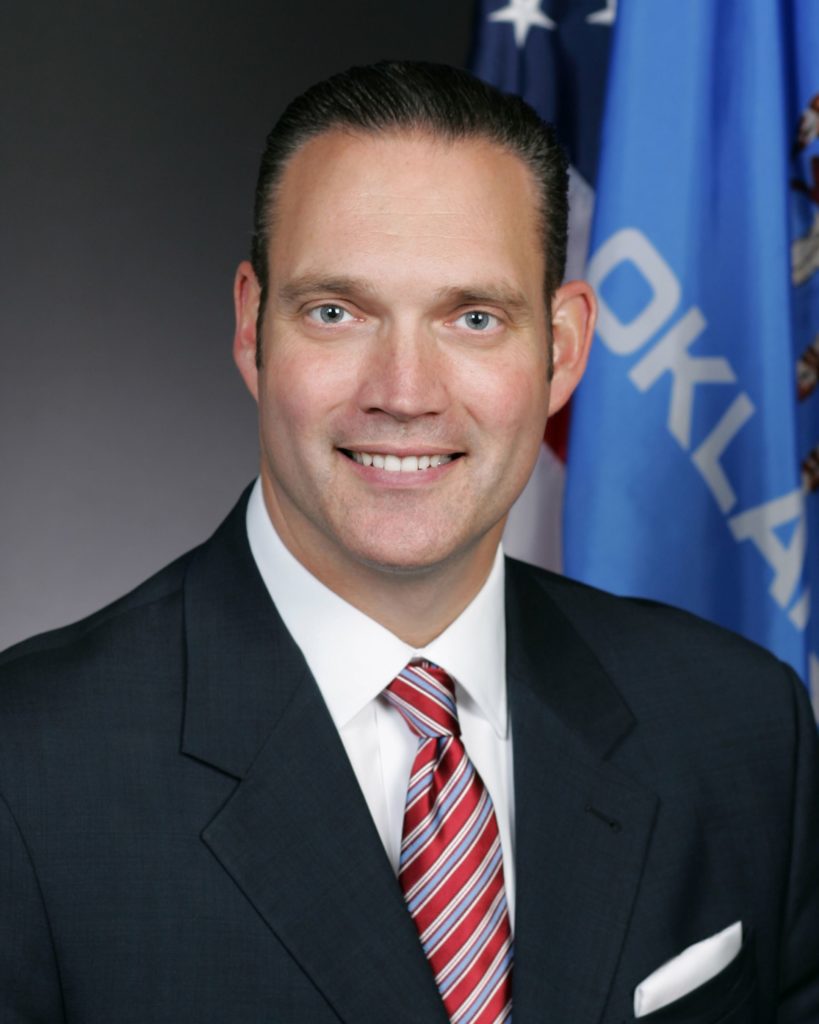
- HB 2948 – Corporate income tax phase out over five years.
- HB 2949 – Flat rate 4.25% personal income tax effective Jan. 1, 2024; rate imposed on taxable income amounts above specific figures based on filing status.
- HB 2950 – .25% personal income tax decrease effective Jan. 1, 2024, and following tax years.
- HB 2951 – .25% personal income tax decrease for 2024 and 2025, with rates to restore to current level (current rates and brackets) for 2026, and following tax years.
- HB 2952 – .50% personal income tax decrease for 2024 and 2025, with rates to restore to current level (current rates and brackets) for 2026, and following tax years.
The Oklahoma legislature has passed some tax reform measures during the past two legislative sessions, including eliminating the franchise tax, allowing full expensing of capital investments for businesses and eliminating the marriage penalty within the state’s individual income tax law.
Oklahoma’s individual income tax system has six income tax brackets ranging from 0.5 percent to 4.75 percent for top earners. The 4.75 percent rate kicks in at a $7,000 annual income.
All Oklahomans and more than 95 percent of businesses in the state pay the individual income tax. The income tax’s standard deduction is $6,350 for single filers and $12,200 for joint filers.




